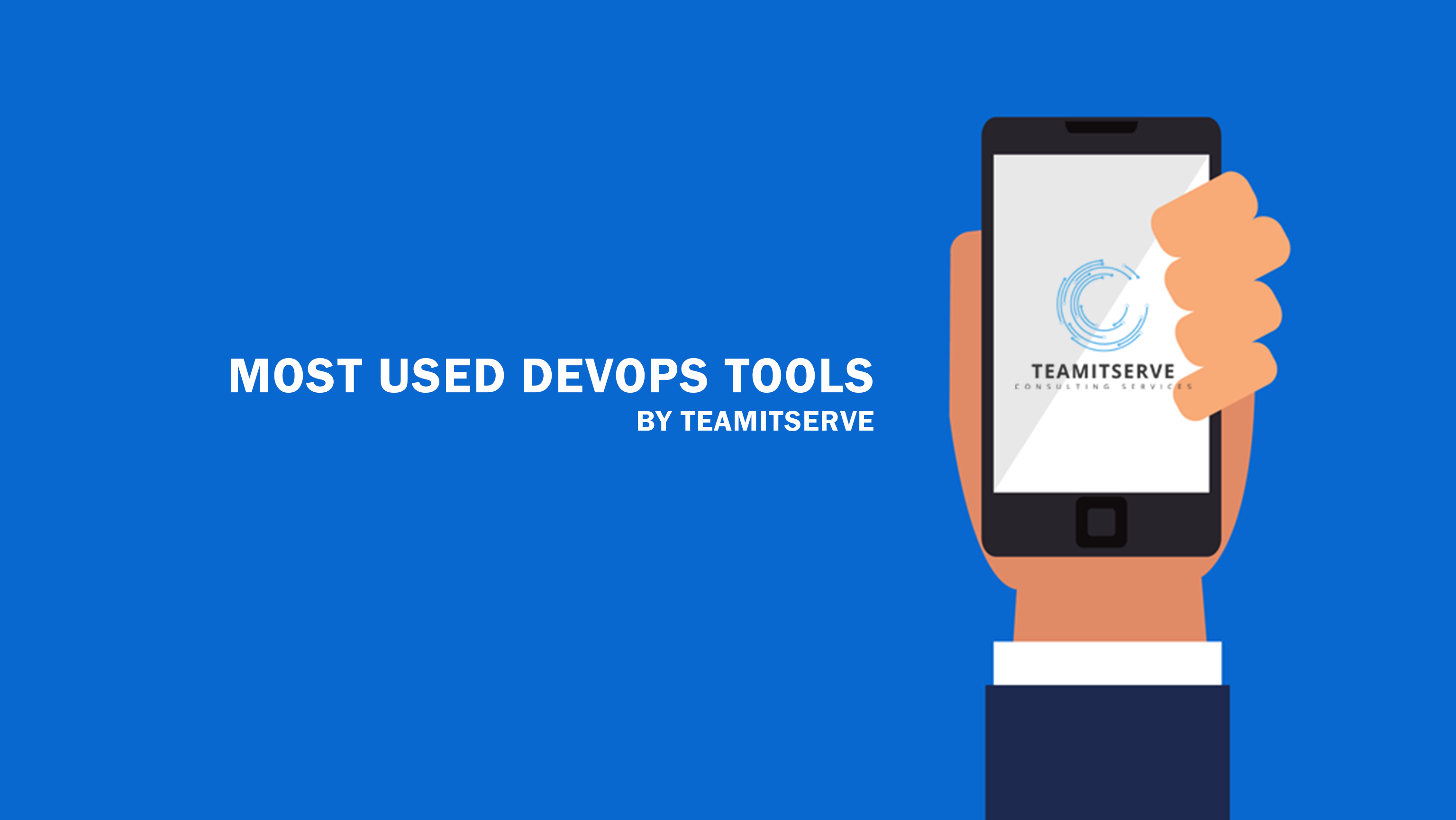
DevOps Tools | DevOps is a set of practices that combines software development (Dev) and IT operations (Ops). DevOps is an environment where developer and operations work together throughout the entire service lifecycle, from designing and development to product support. It aims to shorten the systems development life cycle and provide continuous delivery with high software quality. DevOps has become essential for growth and survival, but protecting the software delivery and deployment pipeline has become more critical than ever before. DevOps as now become more important than ever before.

Hundreds of tools are available out there for DevOps. Some of the most frequent tools in the world are:
Kubernetes: It is necessary to use an orchestration platform (the management of applications built using containers) to scale and manage your containers. Kubernetes is a popular open-source platform for container orchestration.
Docker: Docker is an open-source software development program that helps developers build portable software containers for faster application development and deployment. Docker uses the host’s OS kernel instead of requiring a special one to run the application. This results in both boosted performance and the application is lightweight. Docker is beneficial for both developers and operations. It helps developers code with ease without worrying about the machine on which it will ultimately run. As for the operations team, Docker gives them a lot of flexibility due to its small footprint and lower costs.
Jenkins: Jenkins is an open-source CI/CD server that allows users to automate different parts of their delivery pipeline. The main reason for its popularity is the massive plugin ecosystem. With Jenkins, you can iterate and deploy new code as quickly as possible. It also allows you to measure the success of each step of your pipeline.
Git: Git is a distributed SCM (source code management tool) and is one of the most used DevOps tools. Git allows you to track the progress of your development work. Users can save different versions of their source code and return to previous builds when necessary. To integrate Git with DevOps workflow, repositories should be hosted where the team members can push their work. Currently, the two best online Git repo hosting services are GitHub and Bitbucket.
Bamboo: Bamboo is also a CI/CD server similar to Jenkins and developed by Atlassian. Both the tools allow users to automate their delivery pipeline, from builds to deployment. Bamboo saves a lot of configuration time and comes with an intuitive UI, auto-completion, and many other handy features.
Consult the TeamITServe team today for DevOps consulting.
If you are looking for experienced DevOps professionals for your organization, contact us at vic@teamitserve.com
